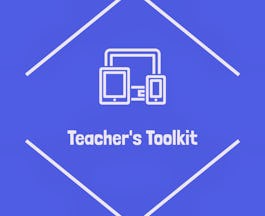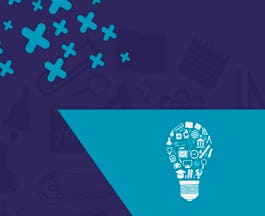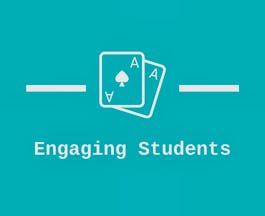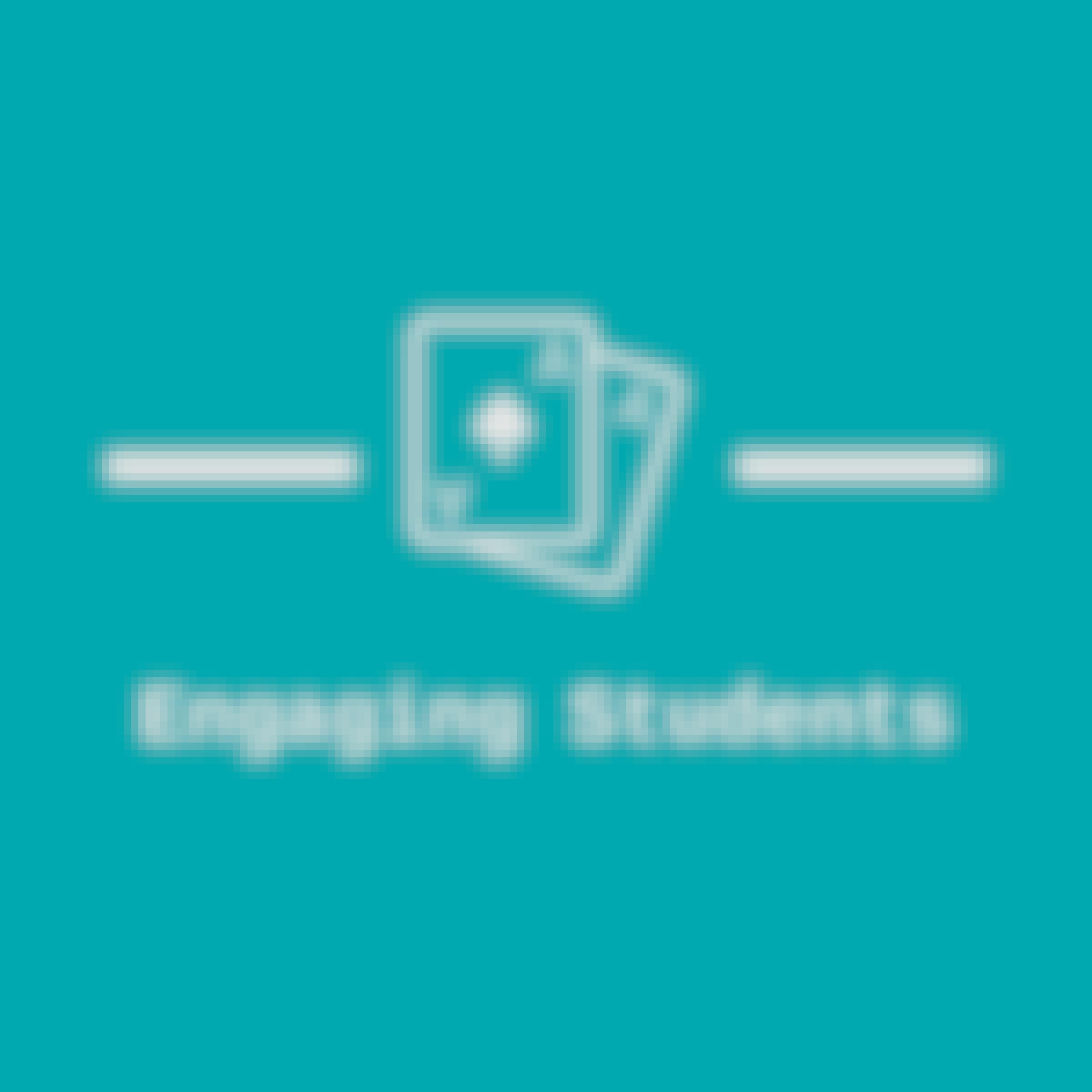Filter by
The language used throughout the course, in both instruction and assessments.
Explore the Teaching Course Catalog


University of Michigan
Skills you'll gain: Generative AI, Artificial Intelligence, Creativity, Human Computer Interaction, Innovation, Content Creation


Coursera Project Network
Skills you'll gain: Microsoft PowerPoint, Student Engagement, Motivational Skills, Mathematics Education, Arithmetic, Education and Training


Banco Interamericano de Desarrollo
Skills you'll gain: Education and Training, Higher Education, Curriculum Development, Pedagogy, Teaching, Program Evaluation, Economic Development, Policy Analysis, Public Policies, Research, Diversity Equity and Inclusion Initiatives


Universidade de São Paulo
Skills you'll gain: Social Studies, Economics, Policy, and Social Studies, Culture, Social Sciences, Medical Science and Research, Intercultural Competence, Cultural Diversity, Liberal Arts, International Relations, Anthropology, Research, Education and Training, Teaching


Coursera Project Network
Skills you'll gain: Student Engagement, Instructional Strategies, Interactive Learning, Education and Training, Instructional Design, Technology Strategies

Skills you'll gain: Splunk, Dashboard, Data Transformation, Data Analysis, Statistical Analysis, Pivot Tables And Charts, Query Languages, Data Visualization Software, Stored Procedure, Ad Hoc Reporting, Event Monitoring, Continuous Monitoring


Banco Interamericano de Desarrollo
Skills you'll gain: Water Resources, Environment, Environmental Issue, Community Development, Teaching, Land Management, Public Works, Environment and Resource Management, Natural Resource Management, Interactive Learning, Pollution Prevention, Health Care


Coursera Project Network
Skills you'll gain: Educational Materials, Train The Trainer


University of Zurich
Skills you'll gain: Systems Thinking, Strategic Thinking, Complex Problem Solving, Education and Training, Teaching, Environment, Curriculum Planning, Student Engagement, Instructional Strategies, Decision Making


University of Colorado System
Skills you'll gain: Statistical Software, Marketing Analytics, Regression Analysis, Statistical Modeling, Data Visualization, Data Presentation, Statistical Methods, Statistical Analysis, Advanced Analytics, Customer Analysis, Strategic Marketing, Market Analysis, Marketing, Marketing Effectiveness, Predictive Analytics, Marketing Strategies, Predictive Modeling, Customer Insights, Statistical Hypothesis Testing, A/B Testing
 Status: Free
Status: Free
Universitat Autònoma de Barcelona
Skills you'll gain: Student-Centred Learning, Entrepreneurship, Problem Solving, Lifelong Learning, Design Thinking, Creativity, Business Modeling, Innovation, Ideation, Professional Development, Adaptability, Collaboration, Analysis

Skills you'll gain: Penetration Testing, Vulnerability Scanning, MITRE ATT&CK Framework, Cyber Security Assessment, Open Web Application Security Project (OWASP), Network Monitoring, Cybersecurity, Virtual Machines, Virtual Environment, Microsoft Windows, Windows PowerShell, Scripting, Linux, Unix Shell, Python Programming
In summary, here are 10 of our most popular teaching courses
- Using AI to Expand Creativity: University of Michigan
- Increasing Multiplication Mastery with Microsoft PowerPoint: Coursera Project Network
- Políticas educativas efectivas basadas en evidencia: Banco Interamericano de Desarrollo
- II. Missões Jesuíticas nos territórios guaranis: o cotidiano: Universidade de São Paulo
- Utilizing Engaging Assessment with Boom Learning: Coursera Project Network
- Splunk Query Language and Data Analysis: EDUCBA
- Educación sobre cambio climático: entornos sostenibles: Banco Interamericano de Desarrollo
- Using Microsoft PowerPoint to Create a Choice Board: Coursera Project Network
- Nachhaltigkeit lehren lernen : University of Zurich
- Regression Modeling for Marketers: University of Colorado System












